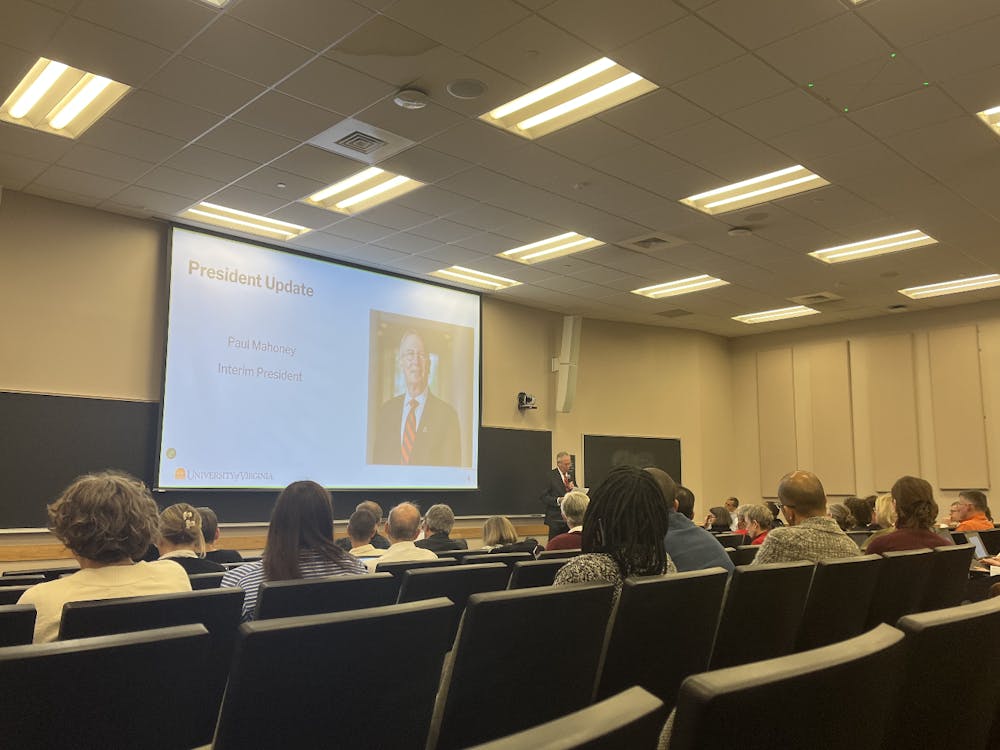Continuing review of the Honor Committee's bylaws has prompted Committee members to question how an honor case should be handled in between the Investigative Panel and the trial stages.
Recent discussion has centered on the possibility that a biased Executive Committee could abuse their power by unjustly dismissing a case.
"Some cases may be fundamentally unfair to the accused student, and there is the need for a mechanism to dismiss them," Graduate Arts and Sciences Rep. Alistair Findeis said.
But "the current bylaw is flawed, for three reasons: It lends itself to abuse by biased counsel, it possesses the potential to involve an unlimited number of Committee members in an early stage of the process, and it concentrates too much power in the hands of the Executive Committee," Findeis said.
When a student is suspected of an honor offense, evidence is gathered and presented before an Investigative Panel. Known as the I-Panel, it is composed of three rotating members of the Committee. If two-thirds of the I-panel determines it is more likely than not that the student committed an honor offense, he then is formally accused and a trial is held.
But Dec. 6, the Committee passed a resolution that allows an accused student to request a pre-trial grievance panel to drop the case before it goes to trial if the fundamental fairness or timeliness has been violated.
In a case last May, an accused student requested a pre-trial grievance panel because portions of the tape of his I-Panel hearing were inaudible. Three members of the Executive Committee called for a grievance panel, appointed themselves as the grievance panel and then dropped the case.
The incident caused one Committee representative and two support officers to request Committee Chairman Hunter Ferguson's resignation.
Now some concerned Committee members want to eliminate the pre-trial grievance panel to avoid possible abuse.
At Honor's weekly meeting Sunday, Findeis proposed a bylaw change that would eliminate the panel, prohibiting cases from being dropped between the I-Panel and trial stages.
Committee Rep. Mark Melson said he would be in favor of such a change.
"My opinion on the pretrial grievance panel is that essentially it is an unnecessary step in the process," Melson said. "The possibility exists that the charge could be dismissed because of some technicality before the student goes to trial. The University has a right to try that student."
But Vice Chairman for Trials Carter Williams said he did not want to eliminate the grievance.
"If properly used it can serve a good purpose," Williams said. "It is better to have a pre-trial grievance than a post-trial grievance."
Ferguson said the Committee will examine the options at its meeting Sunday.






